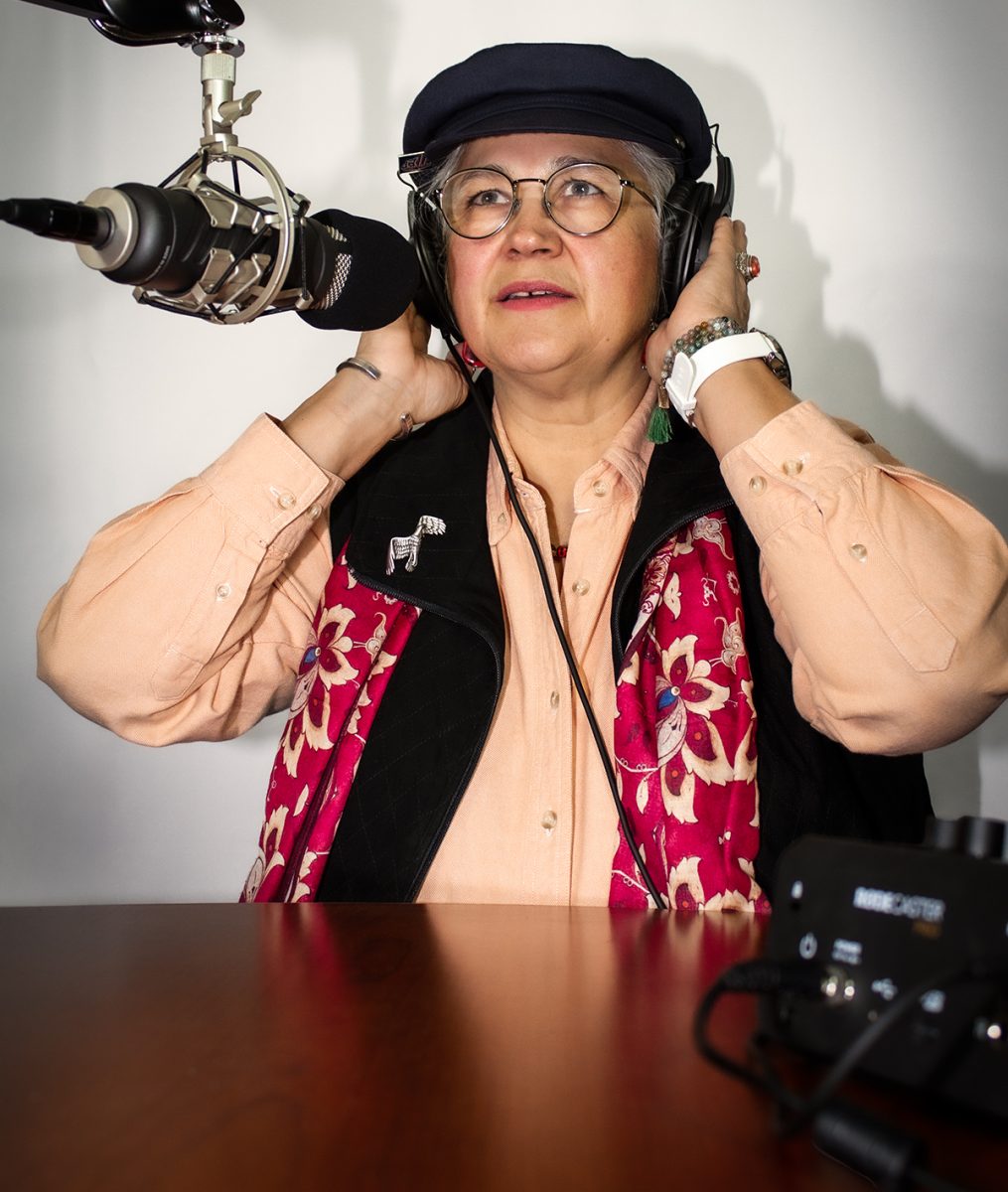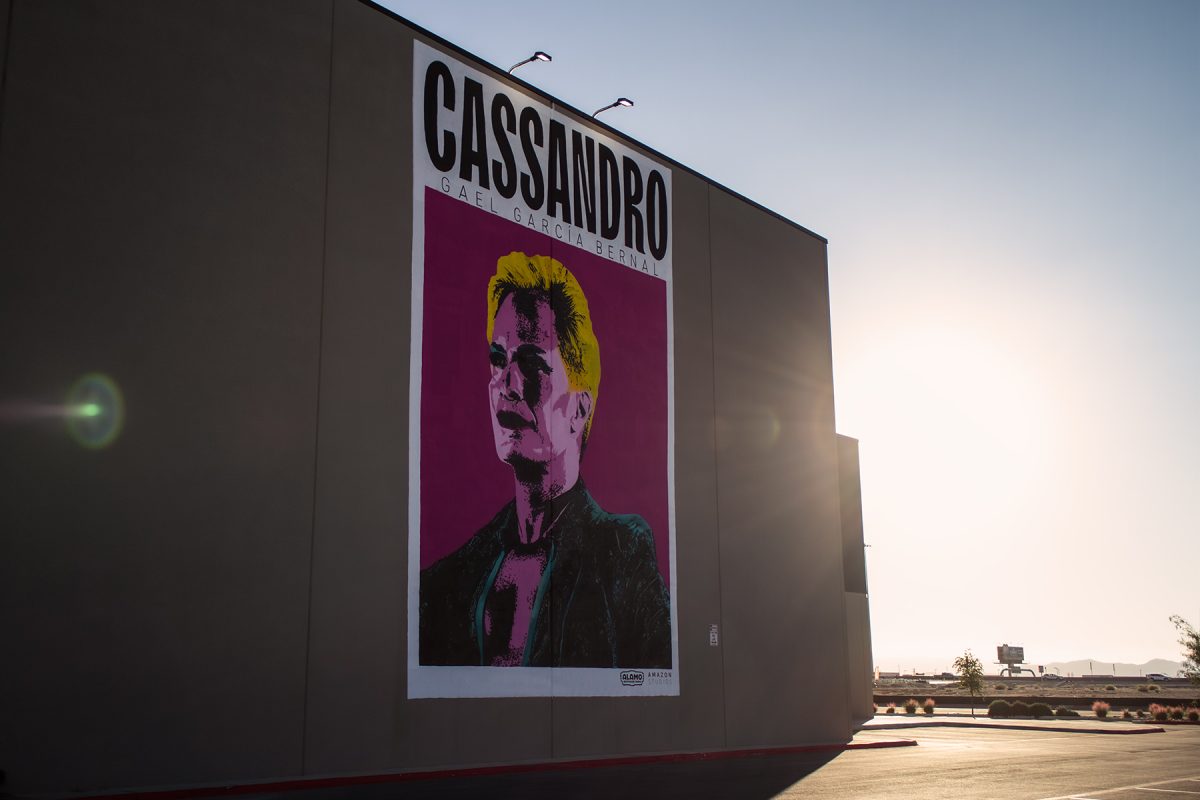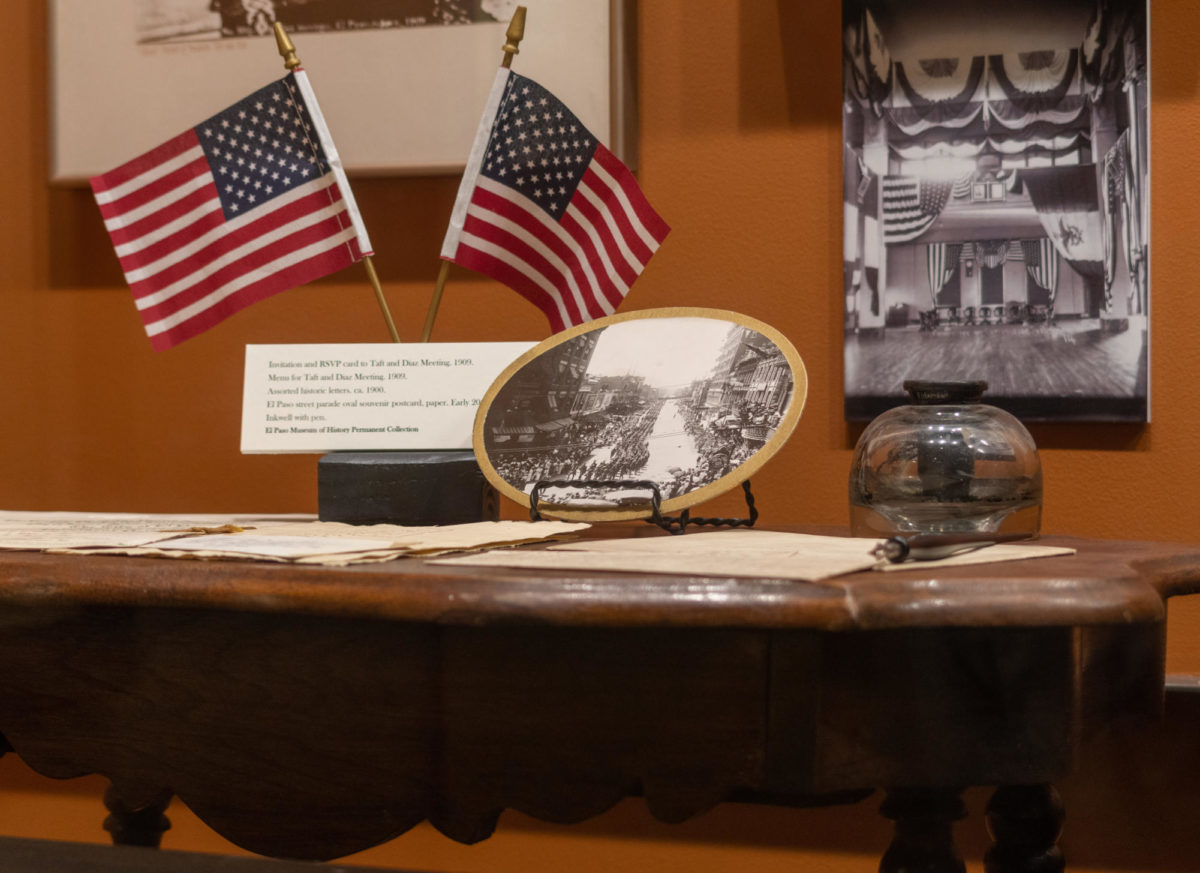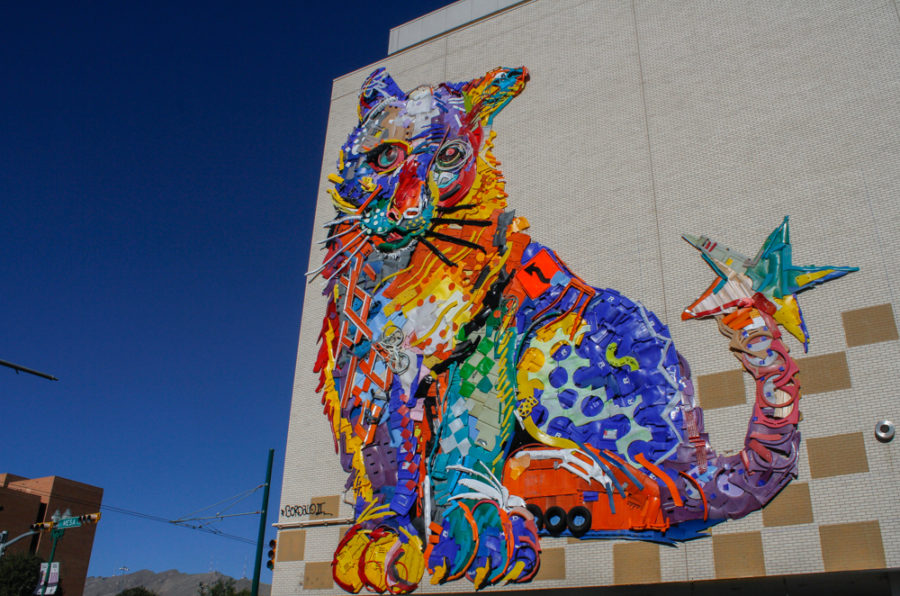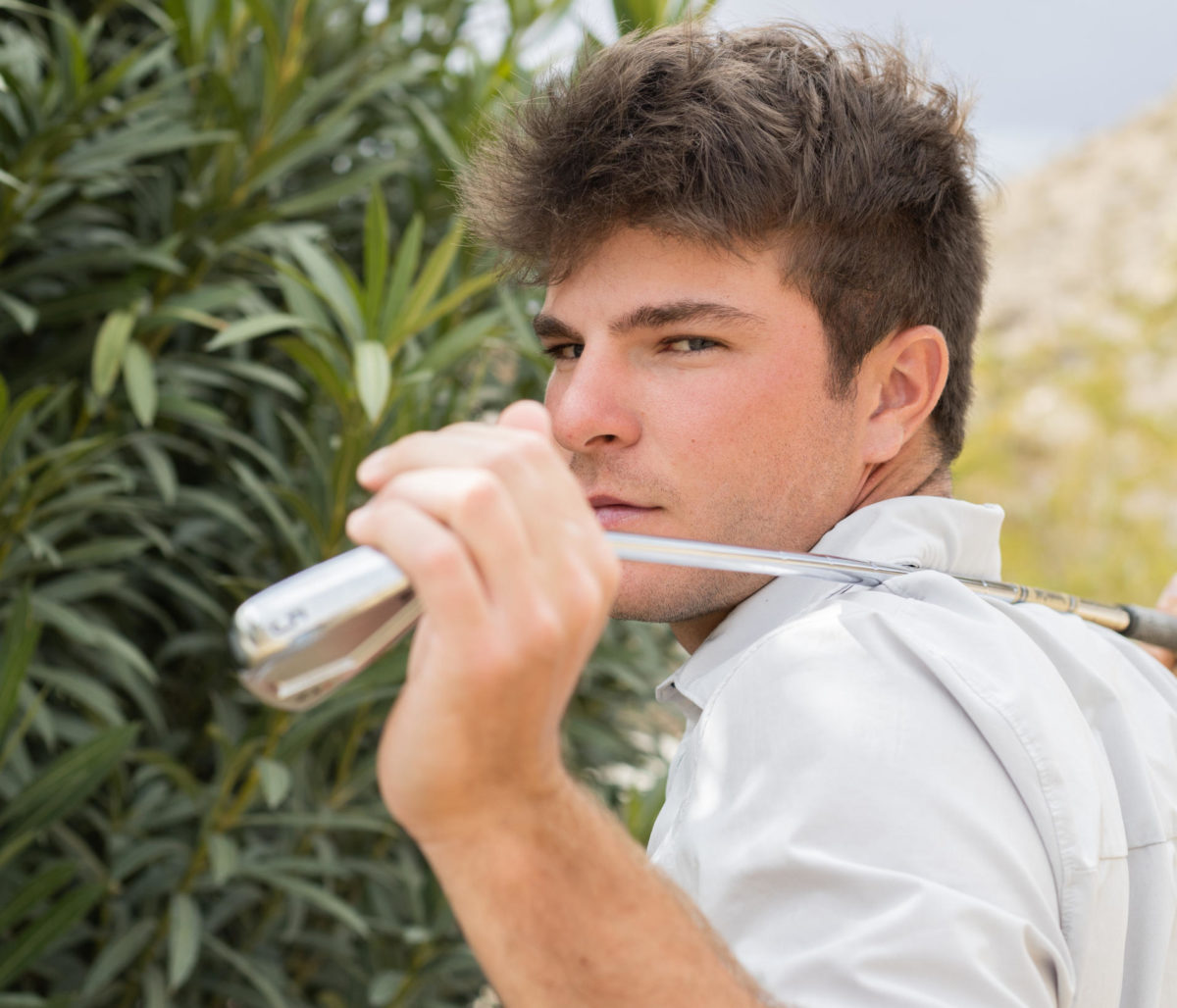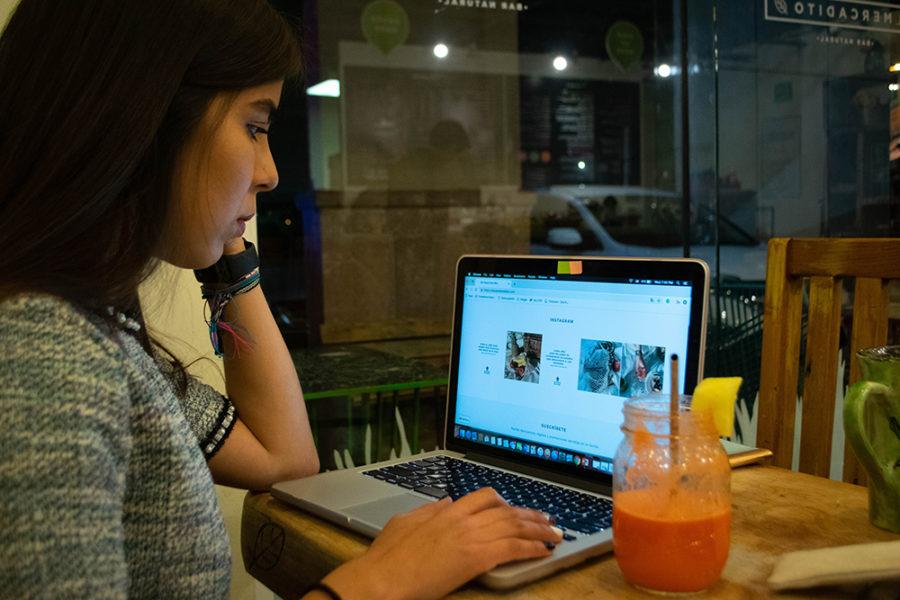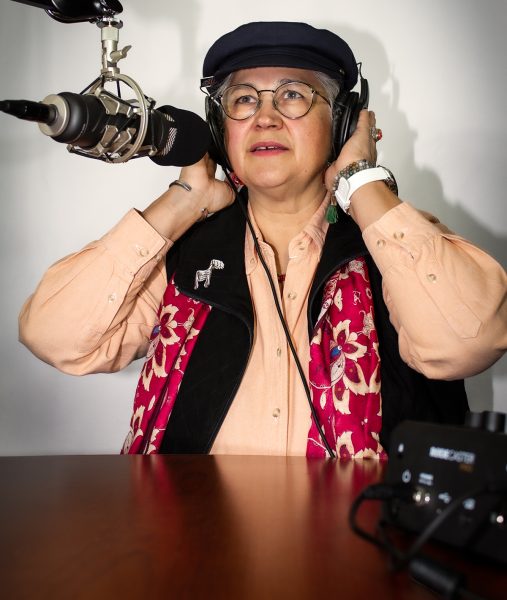Health vs Legality: Marijuana and alcohol concerns
February 26, 2011
Consuming large amounts of alcohol and smoking marijuana are actions that were once familiar to senior public relations major Gilbert Acosta. He has dealt with the repercussions of the legal and illegal usage of those substances, and he feels that alcohol is the worst of the two. “I’ve witnessed fights and I’ve seen people get in accidents when they’ve driven when they shouldn’t have because they were driving under the influence of alcohol,” Gilbert says. “I know a couple of people who destroyed their lives because they’re so addicted to alcohol. It ruins their family relations and they forget about them. They’re in and out of jail because they can’t control their drinking.”
Smoking marijuana is looked down on by society and it is seen as a dangerous substance that should remain illegal for various reasons, such as its effects on individuals and the lack of extensive research on it. However, some feel that alcohol, a legal substance, causes enormous amounts of damage that does not compare to marijuana. Some feel that the contrast in societal mentally on marijuana and alcohol is unjust, and this discrepancy has caused many like senior biology major Nubia Legarda to advocate for change.
“Alcohol is detrimental to society; lots of accidents are caused because of it and people are violent when they are drunk,” Nubia says. “I’ve never seen anyone violent while they are stoned.” Nubia, who is the former president of Students for a Sensible Drug Policy UTEP chapter, feels that the consequences for possessing marijuana are unjust compared to alcohol. “It’s ridiculous that people get arrested for growing this plant or for having it in their possession. It isn’t right that students lose the opportunity to pay for school.” Nubia is referring to an amendment to the Higher Education Act in 1998 that denies federal aid for students who have drug convictions, including possession. On the other hand, someone who is driving under the influence is subject to having their license revoked, a few days of jail time, and/or defensive driving classes.
The consumption of alcoholic beverages is legal in the United States, and although it is more generally accepted than marijuana, that doesn’t mean that it is much safer. “It’s a carcinogenic, can cause liver cirrhosis, alter people’s mood, and it can cause some people to become stressed or violent with certain amounts,” says Armando Gonzalez, a research assistant professor for the pharmacy program at UTEP. “The benefits are small in comparison to the negative effects of alcohol.”
Gonzalez feels that even though alcohol is widely accepted, it is still considered to be a harmful drug. “There is a discrepancy between the classifications of certain products. Alcohol is a drug and most people don’t look upon it as a drug,” Gonzalez says. “The person can be just as addicted to cocaine as he or she can be to tobacco or alcohol.”
According to The Center for Disease Control and Prevention, alcohol causes a large amount of deaths aside from just car accidents. The CDC reports that in the last year there were 14,406 alcoholic liver disease deaths and 23,199 alcohol-induced deaths, excluding accidents and homicides. They also reported that 52 percent of adults, 18 years of age and over, were current regular drinkers, meaning that they had at least 12 drinks in the past year.
Joseph Tomaka, an associate professor in the Department of Health Promotion, has done research in prevention strategies for alcohol consumption at UTEP. One of the major problems with alcohol consumption is binge drinking, which he defines as the drinking of five or more drinks in a row for men and four in a row for women during a two-hour period, and is done with the intent of becoming drunk or intoxicated.
His research on campus has involved student surveys and intervention screenings, where he has found that about one-third of UTEP students participate in binge drinking. “About 30 to 35 percent of UTEP students have engaged in binge drinking in the last month (November). It’s a sizeable minority of UTEP students,” Tomaka says. “That’s one of the things we emphasize to binge drinkers–people who do engage in heavy drinking hang out with other kids who engage in heavy drinking. They tend to think that everyone is a binge drinker, but they are a minority.”
Tomaka also says that another problem that young people deal with in binge drinking is peer pressure. During high school, Gilbert recalls his binge-drinking activities as something provoked by his peers and it did not have a favorable outcome the next morning. “Peer pressure had a lot to do with binge drinking. I guess it’s about the feeling of trying to get messed up,” Gilbert says. “I had been drinking for a while throughout high school, and you learn your limits that way. It’s not always the prettiest sight to not remember what you did the last night.
Excessive drinking almost always leads to a negative outcome. Gilbert knows that the morning after a night of heavy drinking isn’t pretty, but he says the after effects of smoking marijuana are nothing compared to alcohol. “It’s hard to wake up the next day when you’ve been drinking all night. It does affect your performance at school, at work, and it really feels like hell the next day when you drink excessively. Marijuana doesn’t really have any real big after effects the next day. I mean as long as you don’t smoke marijuana during your activities, you can get them done.”
Those that are not familiar with the effects of marijuana are unaware that it varies from person to person. According to Gonzalez, some people may feel strange or have positive effects. “A lot has to do, in my personal opinion, with the mental predisposition we might have. When we hear the words ‘marijuana’ or ‘cannabis,’ almost immediately we have a negative connotation because of so many ads in the mass media.”
Gonzalez in no way advocates for the free usage of marijuana, but he knows that when used medicinally, it has many benefits. “In the last 25 years there has been an increase in the clinical studies with cannabis. Many of these studies have found marijuana to be a positive medicine when used judiciously, in other words not recreationally,” he says. “Medicinal marijuana has applications in anorexia and terminally ill patients because it improves their appetite. People who are undergoing the ordeal of both radiation and chemotherapy sometimes find that the medicinal use of marijuana is very positive.”
One of the major concerns Gonzalez has with marijuana deals with regulation. He feels that, when produced for medicinal purposes, it is safer because it is produced by trained professionals in labs and bottled. However, for recreational use, it is transferred between numerous individuals and is wrapped in foil or in plastic bags.
Marijuana is already legal in a few states for medicinal purposes, but Gilbert feels that he’s not the only one who thinks it should be legal for recreational use. “There’s a discrepancy between it being legalized for medical purposes and just to be legalized in general because we really don’t know much of the medicinal uses yet,” he says. “It should be studied more, but because of its illegal nature, it gets frowned upon. I honestly think it should be legalized for economic reasons, especially knowing that you can make it a cash crop in the U.S. Alcohol seems to be doing very well even though it has very negative connotations attached with it.”
Alcoholic beverages are widely consumed and accepted by a large amount of individuals in the United States, and the general consensus on marijuana is that it ought to be prohibited from consumption. Despite this controversy, many have been affected directly by the repercussions of alcohol consumption and people like Gilbert and Nubia feel that the negative aspects of smoking marijuana in no way compares to those of alcohol consumption.
“I know there is not one single fatality attributed to marijuana, yet it’s still frowned upon a lot more than if you were to go have a beer somewhere,” Gilbert says.
// EN BREVE
Para Gilbert Acosta, estudiante de último año en relaciones públicas era muy familiar consumir grandes cantidades de alcohol y fumar marihuana. “He conocido a gente que ha destruido su vida porque son adictos al alcohol”, dice.
La sociedad parece tener un doble estándar en cuanto al uso de alcohol y marihuana. Por un lado condena el uso de la marihuana, que según distintos estudios científicos causa menos muertes y accidentes que el alcohol. Por otro lado, es permisiva en el uso de bebidas alcohólicas cuyo consumo está ligado a muertes violentas, homicidios, enfermedades y otras repercusiones sociales.
Debido a este contraste Nubia Legarda, estudiante de último año de biología busca un cambio. “Nunca he visto a nadie que se ponga violento bajo la influencia de las drogas”, dijo Nubia. “Es ridículo que los estudiantes pierdan la oportunidad de pagar por su educación si son arrestados por posesión de marihuana”.
El año pasado se reportaron 14,406 muertes por cirrosis y 23,199 muertes por intoxicación alcohólica, excluyendo accidentes y homicidios, según el Centro para el Control y Prevención de Enfermedades (CDCP, por sus siglas en inglés).
En algunos estados la marihuana es legal para usos médicos. Gilbert piensa que así como él hay otras personas que también apoyan el consumo recreativo de esta droga. “Debería ser más estudiada pero por su naturaleza ilegal sigue siendo mal vista. Debería ser legalizada por razones económicas, en Estados Unidos puedes convertirla en una mina de oro”.
Las bebidas alcohólicas son ampliamente consumidas y aceptadas por un gran número de personas en Estados Unidos, y el consenso sobre la marihuana es que su consumo debe ser prohibido.
“Yo sé que no ha habido ninguna tragedia relacionada con marihuana pero aún así es mas condenada que ir a algún lado por una cerveza”, dijo Gilbert.




